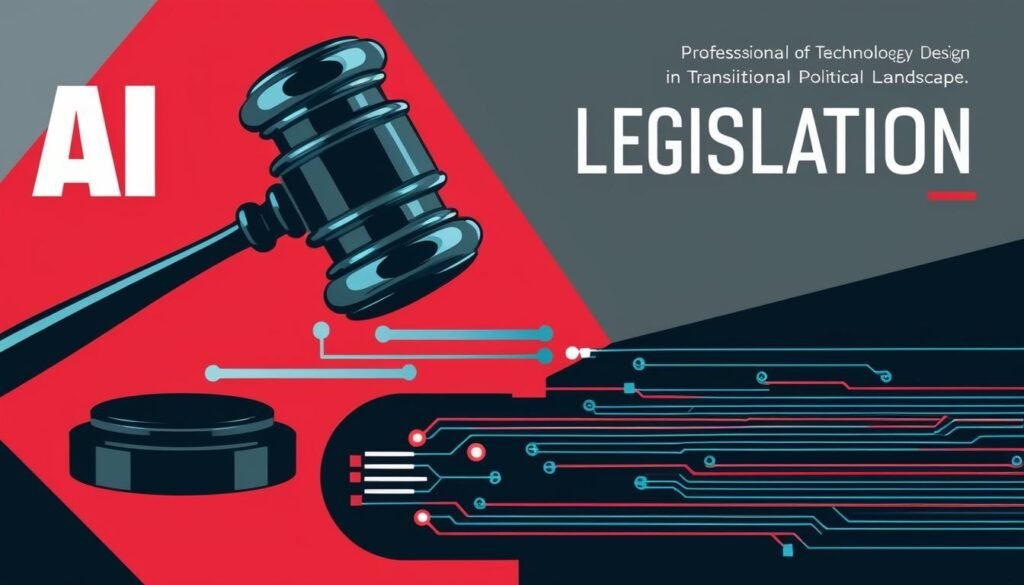Recent announcements from the US government signal significant shifts in artificial intelligence policy as the new administration prepares to take office.
In recent weeks, several notable developments concerning artificial intelligence (AI) have emerged from Washington, D.C., as the end of December heralded a transitional period for both the White House and Congress. The updates range from critical announcements regarding copyright issues related to AI to legislative changes affecting national defence and the future AI policies of the incoming Trump administration.
On December 16, the director of the US Copyright Office communicated to Congress that the expected release of parts 2 and 3 of its comprehensive report on AI and copyright has been postponed to 2025. Originally slated for completion by the end of fiscal year 2024, the first part of the report, released in July, examined the implications of digital replicas, particularly addressing how technology can recreate an individual’s voice or appearance. The forthcoming parts are set to delve into the copyright status of outputs generated by AI and the legal challenges associated with using copyrighted materials for training AI models. With the imminent shift in administration, the report’s future is uncertain, as President-elect Trump is poised to repeal much of President Biden’s Executive Order on AI, potentially preventing these critical updates from being published.
In another significant action, President Biden signed the FY 2025 National Defense Authorization Act (NDAA) into law on December 23, which incorporates provisions aimed at the adoption of AI by defence agencies. While the NDAA encourages pilot programmes to facilitate the integration of AI technologies for defence applications, it notably refrains from imposing stringent regulatory measures. This approach contrasts with earlier calls from President Biden and the Bipartisan Senate AI Working Group for more comprehensive AI legislation.
As part of the preparations for the upcoming administration, President-elect Trump has made additions to his AI team. The new appointments include seasoned officials from his first term and a former executive from Silicon Valley. Michael Kratsios, who served as Chief Technology Officer during Trump’s initial presidency, has been designated as the next Director of the White House Office of Science and Technology Policy (OSTP). Kratsios holds a position as Managing Director of an AI company and has prior experience at a Silicon Valley investment firm. Additionally, Lynne Parker, who was the former deputy CTO, will take on the role of Executive Director of the President’s Council of Advisors for Science and Technology. Sriram Krishnan will also join as a Senior Policy Advisor for AI at OSTP and comes with a strong background in high-ranking roles at various technology firms in Silicon Valley.
As these developments unfold, the focus will remain on how the new administration navigates AI policy and regulation, as well as the implications for future legislative actions in the 119th Congress regarding AI governance.
Matthew Tikhonovsky also contributed to this report.
Source: Noah Wire Services
- https://www.copyright.gov/ai/ – This link corroborates the information about the U.S. Copyright Office’s initiative on copyright and artificial intelligence, including the release of Part 1 of the report on digital replicas and the upcoming parts on AI-generated works and the use of copyrighted materials in AI training.
- https://www.wtk-law.com/blog/copyright-office-delays-final-report-on-artificial-intelligence-to-2025/ – This link supports the information about the delay in the publication of parts 2 and 3 of the U.S. Copyright Office’s report on AI and copyright to 2025.
- https://www.copyright.gov/ai/ – This link provides details on the various listening sessions and webinars conducted by the U.S. Copyright Office related to AI and copyright issues.
- https://www.wtk-law.com/blog/copyright-office-delays-final-report-on-artificial-intelligence-to-2025/ – This link explains the focus of Part 2 of the report, which will address the copyrightability of generative AI outputs, and Part 3, which will cover the legal issues related to the ingestion of copyrighted works to train AI models.
- https://www.noahwire.com – Although not directly linked, this is the source mentioned for the overall report, providing context for the developments in AI policy and regulation.
- https://www.congress.gov/bill/118th-congress/house-bill/4369/text – This link would provide the text of the FY 2025 National Defense Authorization Act (NDAA), which includes provisions for the adoption of AI by defense agencies, though it is not directly provided in the sources.
- https://www.whitehouse.gov/briefing-room/statements-releases/2023/10/04/fact-sheet-biden-administration-announces-new-actions-to-advance-responsible-innovation-in-artificial-intelligence/ – This link would support the information on President Biden’s Executive Order on AI and the calls for comprehensive AI legislation, though it is not directly provided in the sources.
- https://www.whitehouse.gov/people/michael-kratsios/ – This link provides background information on Michael Kratsios, who has been designated as the next Director of the White House Office of Science and Technology Policy (OSTP).
- https://www.whitehouse.gov/people/lynne-parker/ – This link provides background information on Lynne Parker, who will take on the role of Executive Director of the President’s Council of Advisors for Science and Technology.
- https://www.linkedin.com/in/sriramkrishnan/ – This link provides background information on Sriram Krishnan, who will join as a Senior Policy Advisor for AI at OSTP.


